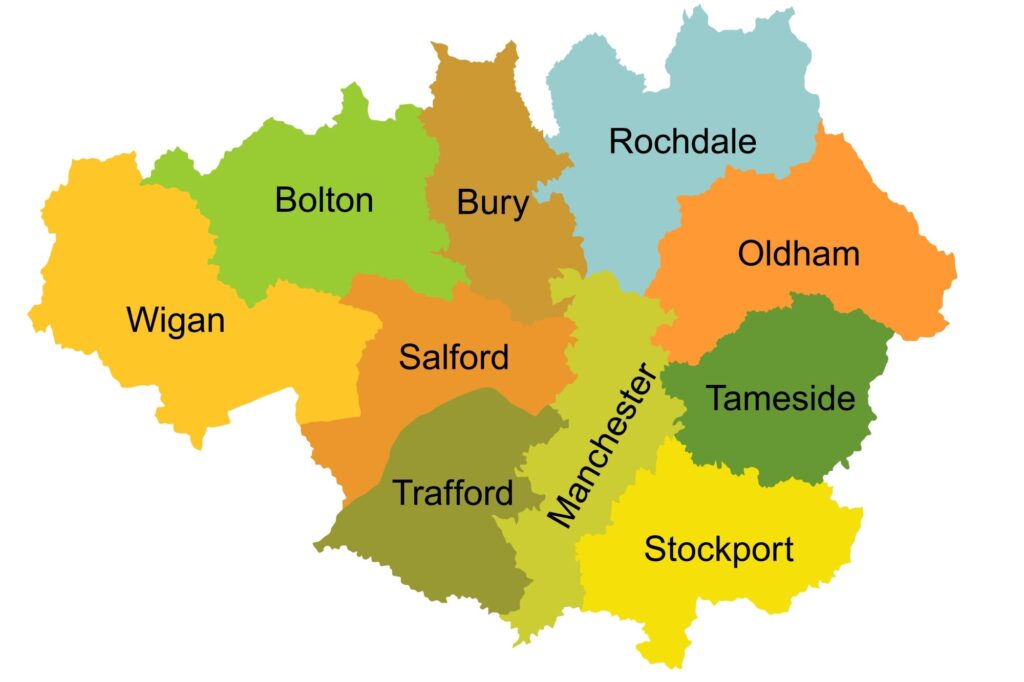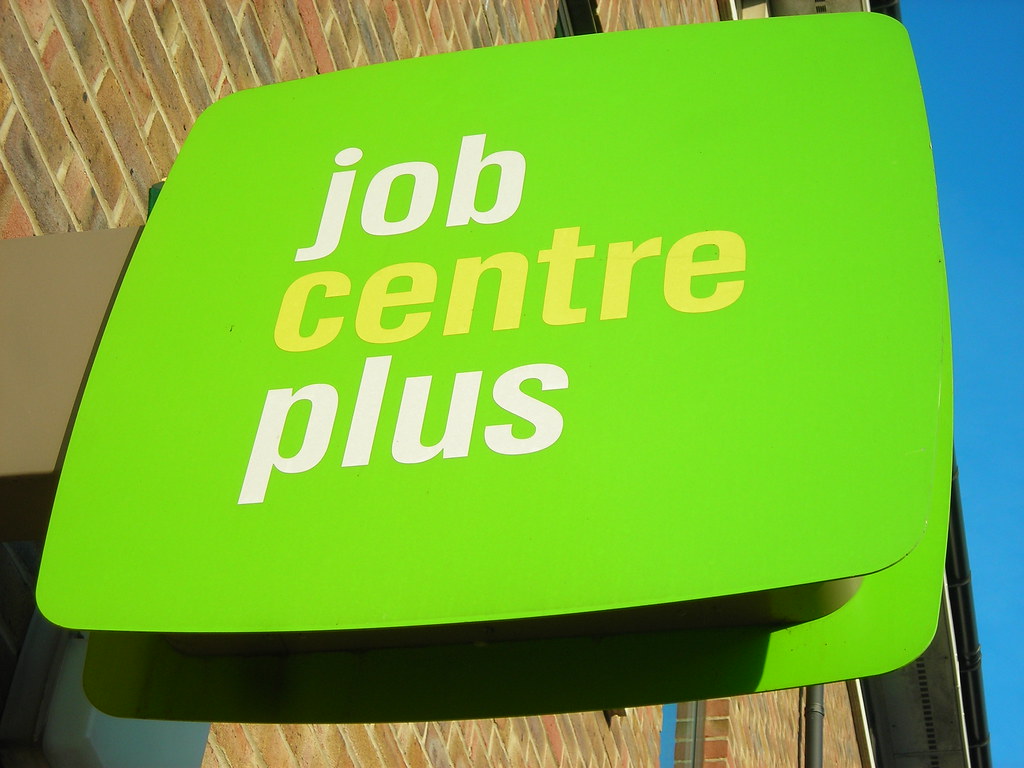In recent months, there has been a global recognition that we must make growth more ‘inclusive’. In the UK, this has culminated in the RSA announcing an inclusive growth commission.
This is welcome. There is no doubt that in recent years we have neglected what we have known for decades – namely that economic growth does not guarantee poverty reduction and that inequality hampers growth. Indeed, high levels of welfare and low levels of spending power is a shaky basis to a local economy. An inclusive local economy needs the poor to not be poor.
The inclusive growth commission is seeking to identify practical ways to make local economies in the UK more economically prosperous and inclusive. Whilst I have been critical of the inclusive growth agenda generally, I am supportive of anything specific. We must turn empathy and concern over poverty and inequality into action.
In that spirit, I now highlight some key questions and themes which I think are central to the commission’s work.
- Aim for an inclusive economy, not just inclusive growth. The inclusive growth commission must not draw its terms of reference and focus too narrowly. Inclusive growth is about making growth inclusive. This may be limiting. This matters. Many post-industrial, coastal and rural local economies struggle economically and may have no or little growth to make ‘inclusive’. How do they fit it into this agenda? Furthermore, the global economy is not that robust and our national economy may feel the ill winds. We therefore need to be thinking much more about the heterogeneous nature of our local economies and focus on resilience. We must build an inclusive economy and society, not just growth.
- Question the prevailing agglomeration model for our cities. Agglomeration is the dominant local economic model. This fully complies with HM Treasury version of the English economic state and the role of local economies in it. This model favours city centre economies, and has winners- firms who enjoy flexible labour markets, rentiers, and those who work within new high end jobs accrued through creative proximity. This approach has dis-economies (in terms of pollution, congestion, and aggressive gentrification). It also has losers – city region peripheries, smaller towns and the low skilled. We must look at areas beyond city centres to outer boroughs. We must focus much more on local supply chains and ensure investment to local small businesses is on an equal footing to global corporates and global investors. We must challenge boomgoggling. Growth through agglomeration is not the only path and neither should it be the pre-eminent one.
- Accelerate new forms of ownerships and local wealth retention. Local economic growth too often follows a complacent set of thinking – the economy grows, more jobs are created and then people are assumed to be better off. But the problem is that wealth stays with the wealthiest and does not filter down to the poorest. Trickle down is just that- a trickle. The commission needs to look at the ways in which we can develop wider local ownership and retention of wealth. This includes new institutional forms of ownership which tie wealth to local people. This includes accelerating the potential of the foundational economy and local ownership of utilities and seek to advance community wealth building.
- Challenge an unfair austerity. The poorest areas are suffering the most. Austerity is stymying the ability of public services to innovate and make creative inputs into successful economies. For all the talk of a ‘devolution revolution’, the fact is that any resource devolved through city deals is relatively small beer compared to the scale of cuts to local government and wider public sector. Austerity is creating exclusion, hardship and a social recession.
- Open up and democratise economic decision-making. To be in poverty is not just about lack of money or opportunity, it’s also about lack of power over decisions which affect you. In this local economic decision-making is too often exclusive – too frequently between the interests of financial capital and the big local and nation state. This is especially the case with devolution and city deals. How do we democratise decision-making to involve small and medium sized enterprise, citizens and the poor?
- Treat welfare and social policy as investments. As its stands, welfare is broadly seen as a cost and drain on society. Alternatively, it should be seen as an investment in human capital and a critical factor in individual and collective productivity and local economic success. We must reshape local economic development policy, so that economic and social growth outcomes are wedded and interdependent. In this we must challenge a devolution model which has broadly omitted the social inputs to economic success, including welfare, employment policy and education.
- Will the commission be brave and convey truth to power? The setting up of the inclusive growth commission is an admission that we have a problem with local and national economic policy. Of course, the commission should be pragmatic, but this does not mean blind support to existing power and the prevailing policy direction. Individual commissioners must acknowledge the power imbalance, where wealth and power influences the fortunes of the poor and powerless. The commissioners will empathise with the poorest and the havenots. And they must also be on their side when conveying the necessary truths to power.
Overall, the plans to build a more inclusive growth model faces a choice. On the one hand the commission can add a stronger social face to an economy which works for the few, not the many. In this, they will reveal some of the problems of growth and this will prompt some policy changes. However, will the commission’s recommendations alter the longstanding frame to local economic activity – where productivity and growth has a pre-eminent position and is viewed as having much higher importance than that of inequality and poverty?
On the other hand, they can put tackling deprivation, inequality and poverty at the centre, and remake local economic policy. To do this will require a disruption of prevailing policy, on the ground action, some radical social innovation and a step far beyond what has gone before. Many of the most excluded are relying on this step change. I wish the commission a fair wind and a brave heart.

















Leave a Reply